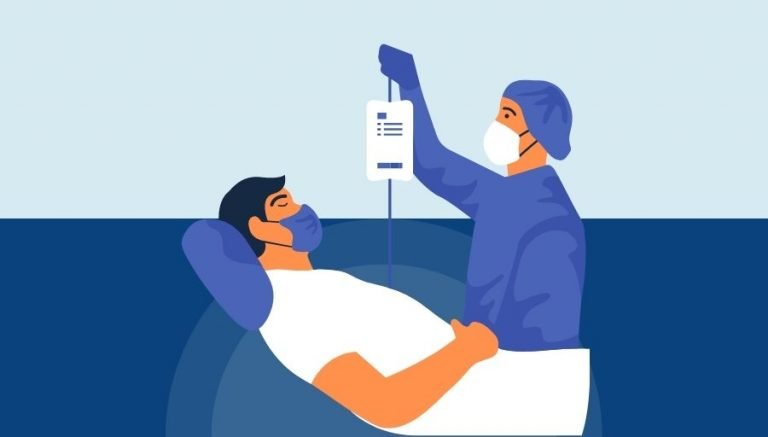ICD 10 CM E22.2 | Description & Clinical Information
ICD 10 E22.2 describes a medical condition characterized by excessive secretion of antidiuretic hormone (ADH) resulting in an imbalance of water and sodium levels in the body, leading to water intoxication, and is caused by various factors such as certain medications, brain disorders, and lung disorders.
Official Description Of E22.2
The ICD 10 CM book defines ICD 10 code E22.2 as:
Excludes1: Cushing’s syndrome (E24.-)
Nelson’s syndrome (E24.1)
overproduction of ACTH not associated with Cushing’s disease (E27.0)
overproduction of pituitary ACTH (E24.0)
overproduction of thyroid-stimulating hormone (E05.8-)
When To Use E22.2
The diagnosis describes by the ICD 10 CM code E22.2 is syndrome of inappropriate antidiuretic hormone (SIADH). This is a relatively rare but serious condition. Patients with this condition may experience a range of symptoms such as nausea and vomiting, headache, changes in behavior, confusion and memory loss, and in severe cases, the patient may develop seizures or coma.
SIADH occurs when the body produces antidiuretic hormone (ADH) excessively, even when levels of sodium in the bloodstream are already high. This results in an imbalance in the body’s electrolyte concentrations, leading to water retention and dilution of the plasma sodium level. The condition may occur due to an underlying medical condition or as a side effect of medications.
To diagnose SIADH, physicians first perform a thorough physical examination and take the patient’s history to identify any underlying health issues or medication use. Laboratory tests are then ordered to confirm the diagnosis. The tests may include a comprehensive metabolic panel, as well as blood and urine tests to check osmolality (salt concentration) and sodium levels.
The treatment for SIADH focuses on addressing the underlying cause. For instance, if the condition occurs as a side effect of medication, the dose of that drug may be reduced or the patient may be switched to a different medication. Patients are also advised to reduce fluid intake as excess fluid intake can further exacerbate the condition. In more severe cases, medication may be prescribed to suppress the load on the kidneys that excrete extra fluids. In rare cases where SIADH is caused by tumors, surgical management may be required.
If left untreated, SIADH can lead to serious complications, such as seizures, coma, and even death. Thus, a prompt diagnosis and treatment are essential. The prognosis for SIADH depends on how the underlying conditions are being managed, and many patients can recover fully with appropriate care.
In conclusion, SIADH is a rare but serious condition that requires careful diagnosis and treatment. Patients who experience symptoms such as nausea and vomiting, headache, confusion and memory loss, and changes in behavior should seek prompt medical attention. By working closely with their healthcare provider, patients with SIADH can successfully manage their symptoms and achieve a positive outcome.


